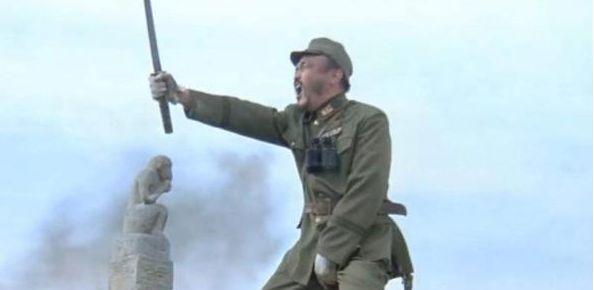
War is the most brutal because it hurts some innocent people. For me, the most brutal war was the War of Resistance Against Japan. At that time, many people in our country also lost their lives, and there was a kind of person in the war who could not be killed, and Japan did not listen, believing that it killed 1 to 10 soldiers
Our revolutionary martyrs were all great and always worthy of our admiration, and there were some heroines at that time, that is, the medical personnel of the army. Liu Shouwei was born in Liushou Village, Hanshou County, Changde City, Hunan Province, and he was very intelligent since he was a child. He also received a good education and received a good education. At the age of fifteen or sixteen, he was admitted to the private Zhounan Middle School in Hunan.
After the outbreak of the War of Resistance Against Japan, she always wanted to join the army, but his parents did not agree. He then sneaked out with his classmates to sign up for the army and eventually became a medical worker. At that time, the Japanese wholeheartedly wanted to invade China, ignoring the provisions of the Geneva Conventions, killing medical personnel, and believing that killing one medical personnel might be worth 10 soldiers.
In the Battle of Taierzhuang, in order to rescue the company commander, unfortunately he was knocked down by the Japanese army and secretly rescued by a nearby migrant worker, hiding in an old lady's house. But knowing she couldn't survive, she took one last breath and left her last notes, saying that she missed her parents so much that she wanted to be buried in her hometown after she died and then sacrificed. At that time, the letter could not be sent because the village was surrounded by Japanese troops. After the old lady died, she handed the letter to her granddaughter and, finally, with the help of the media, was buried in the Hunan Martyrs Cemetery until 2004.